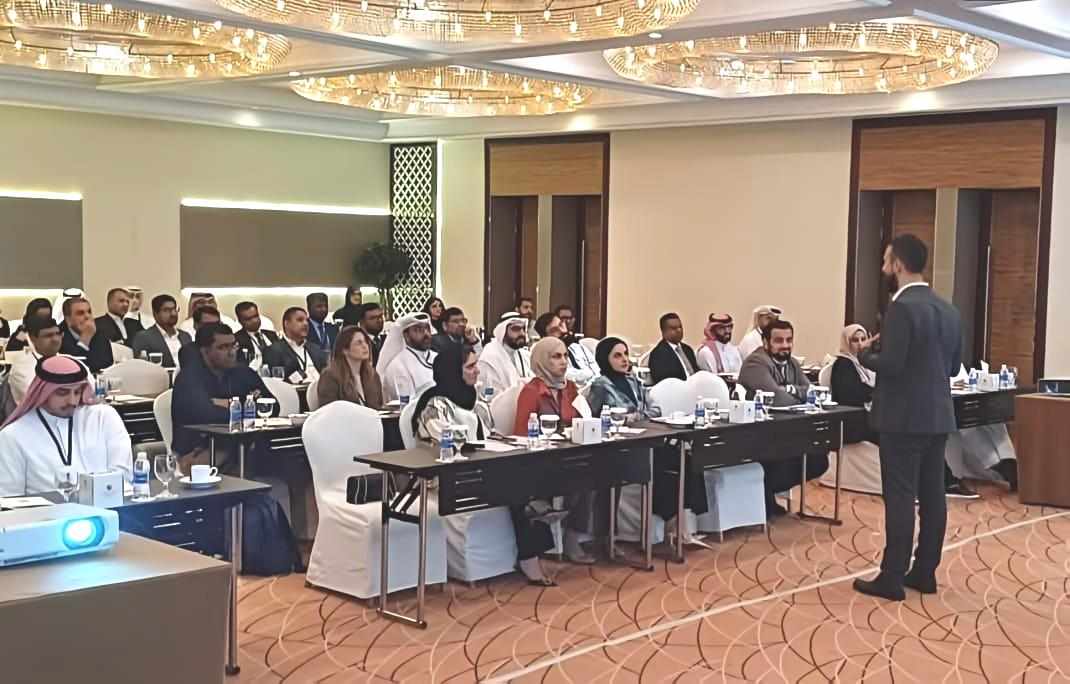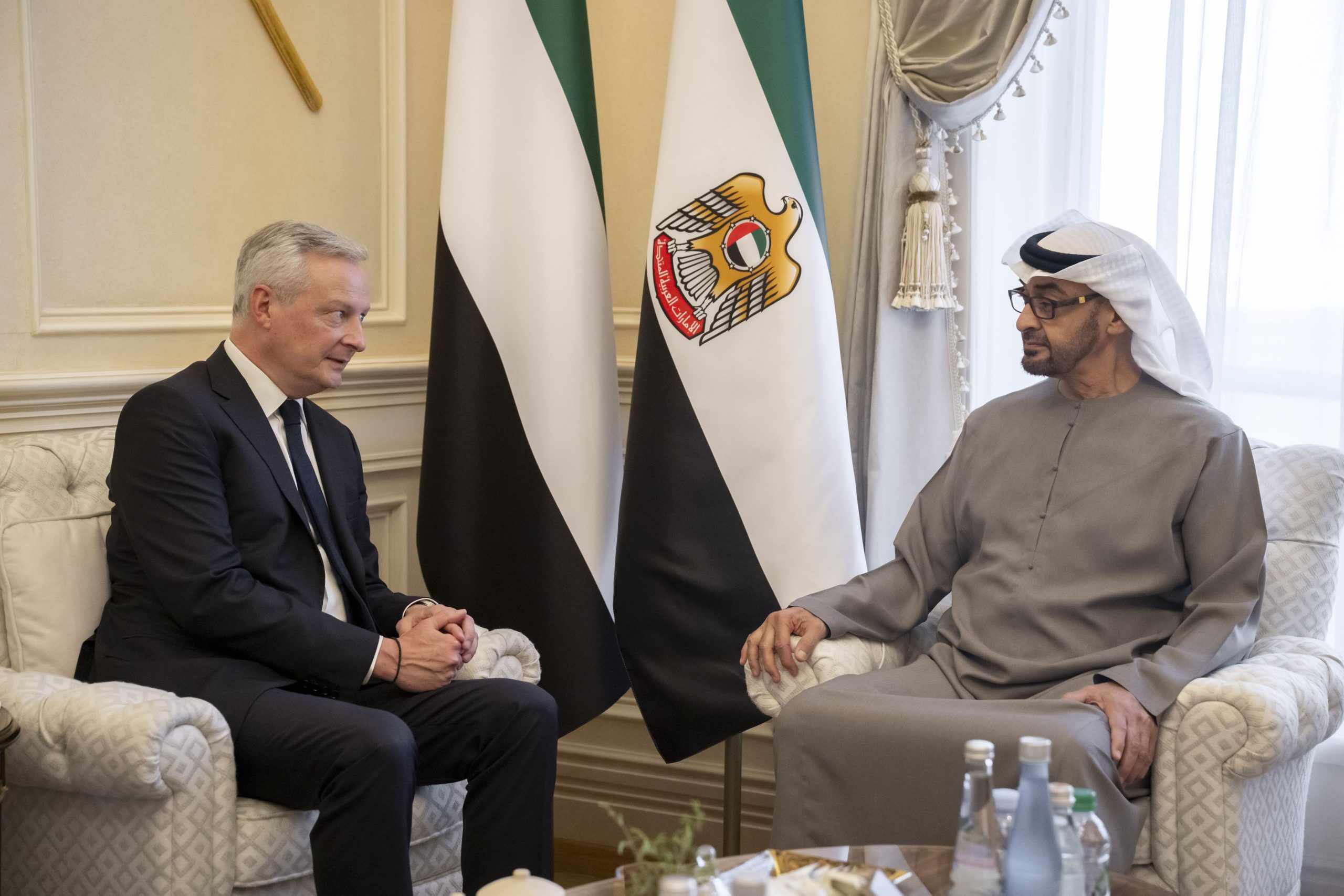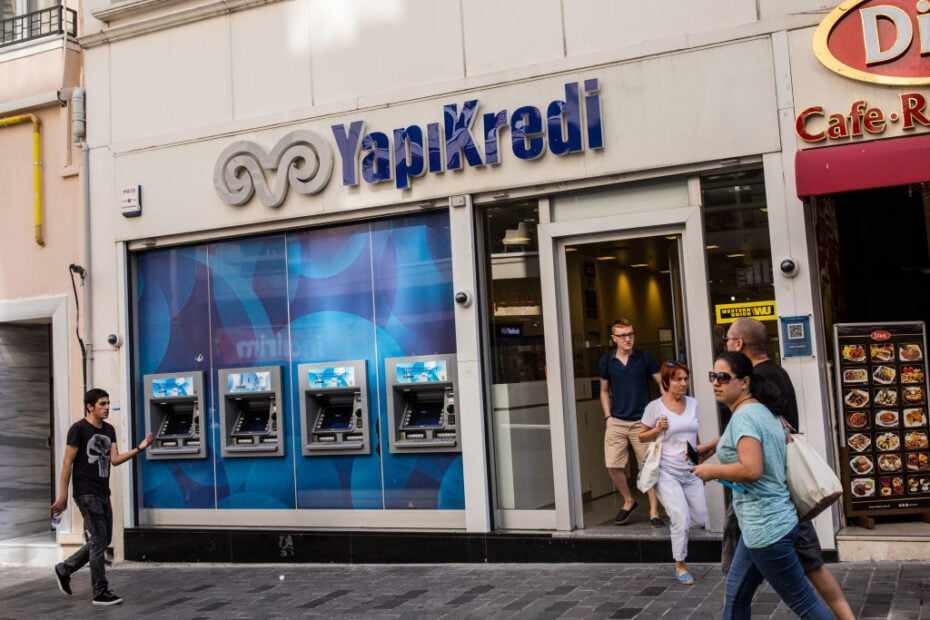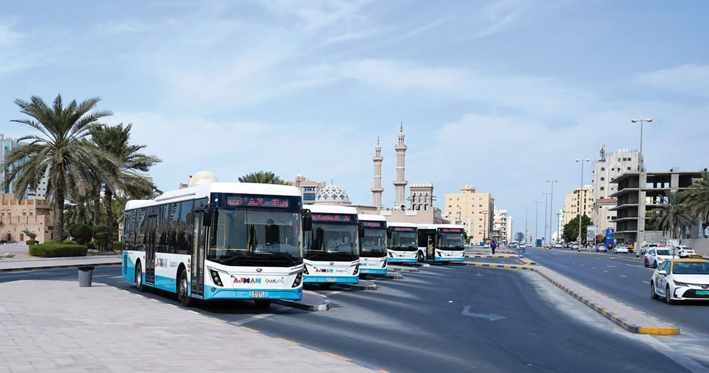How do traders, NRIs benefit from new UAE-India MoUs?
- Date: 17-Jul-2023
- Source: Zawya
- Sector:Financial Services
- Country:UAE
How do traders, NRIs benefit from new UAE-India MoUs?
The path-breaking agreements signed by the UAE and India on Saturday in Abu Dhabi in the presence of the President, His Highness Sheikh Mohamed bin Zayed Al Nahyan and Prime Minister Narendra Modi will have a far-reaching consequential impact on the trade and transactional ecosystem of the two nations and strengthen economic engagement. The launch of dirham-rupee trade settlement and the setting up of a real-time interlinking payment and messaging system for faster cross-border transactions allow exporters and importers from either side to invoice and pay in their respective domestic currencies and shield them from fluctuations in exchange rate, while facilitating a window for cross-border investment. The new arrangements will help boost investments and remittances between the two countries. Use of local currencies would optimise transaction costs and settlement time for transactions, including for remittances from Indians residing in the UAE, currency market pundits said. Governor of the Central Bank of UAE (CBUAE), Khaled Mohamed Balama, and Shaktikanta Das, the governor of the Reserve Bank of India (RBI) signed the Memorandum of Understanding (MoU) for establishing the game-changing framework to promote the use of local currencies for cross-border transactions. The MoU, putting in place a local currency settlement system (LCSS),






















